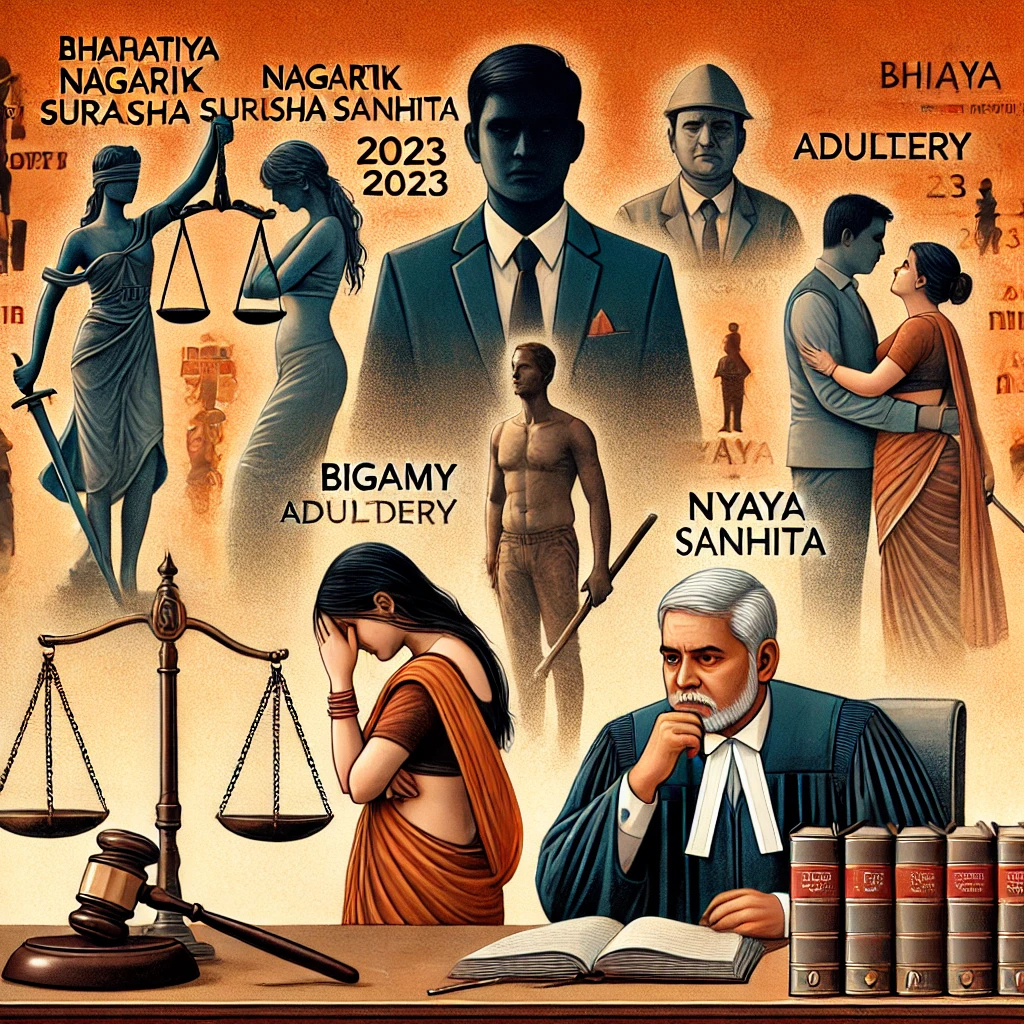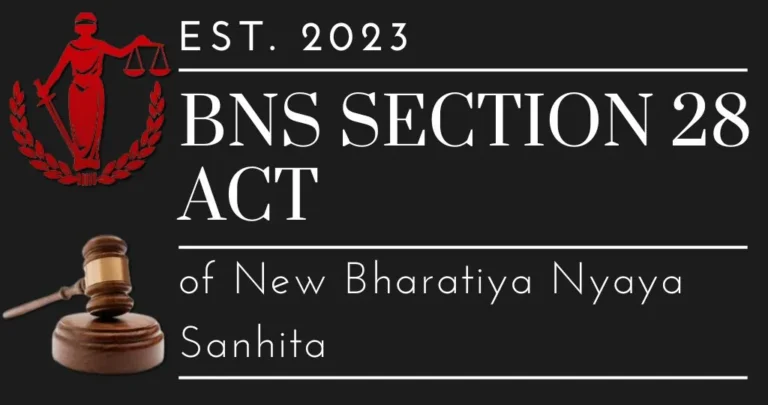
Understanding Marital Offences under the Bharatiya Nagarik Suraksha Sanhita, 2023 and Bharatiya Nyaya Sanhita, 2023: A Detailed Guide
Understanding Marital Offences under the Bharatiya Nagarik Suraksha Sanhita, 2023 and Bharatiya Nyaya Sanhita, 2023: A Detailed Guide
The Bharatiya Nagarik Suraksha Sanhita, 2023 (which superseded the Criminal Procedure Code) deals with the legal procedure for taking cognizance of some marital offences under certain provisions of the Bharatiya Nyaya Sanhita, 2023 (which superseded the Indian Penal Code). These sections try to safeguard the women from cruelty and sexual abuse under marriages and make it clear as to who can lodge complaints in such cases.
Section 220: Taking Cognizance of Cruelty under Section 85 of Bharatiya Nyaya Sanhita, 2023
For More Updates & Regular Notes Join Our Whats App Group (https://chat.whatsapp.com/DkucckgAEJbCtXwXr2yIt0) and Telegram Group ( https://t.me/legalmaestroeducators ) contact@legalmaestros.com.
Section 220 of the Bharatiya Nagarik Suraksha Sanhita, 2023, enacts the law for taking cognizance of an offence under Section 85 of the Bharatiya Nyaya Sanhita, 2023, which addresses cruelty by a husband or his relatives against a woman.
Section 85 says that cruelty consists of any deliberate act by the hushttp://For More Updates & Regular Notes Join Our Whats App Group (https://chat.whatsapp.com/DkucckgAEJbCtXwXr2yIt0) and Telegram Group ( https://t.me/legalmaestroeducators )band or members of his family that is detrimental to or harms the life, mental or bodily health, or compels her to take her own life. Punishment under this section can be a sentence of three years of imprisonment, and the offender may be ordered to pay a fine too.
Under Section 220, only in two cases will the court take cognizance of acts of cruelty:
On a police report of facts constituting the offence.
On a complaint made by the aggrieved woman or her near relatives, including her father, mother, brother, or sister. Other relatives by blood, marriage, or adoption may also make the complaint with the leave of the court.
Example: A woman is being psychologically harassed by her husband’s family for dowry, causing mental agony. She approaches the police and, on the basis of the police inquiry, the court takes cognizance of the offence under Section 85. Alternatively, her father may lodge a complaint on her behalf if she is unable to do so because of illness or fear of retaliation.
Section 221: Registration of Marital Sexual Assault under Section 67 of Bharatiya Nyaya Sanhita, 2023
Section 221 of the Bharatiya Nagarik Suraksha Sanhita, 2023, prescribes the procedure for taking cognizance of an offence under Section 67 of the Bharatiya Nyaya Sanhita, 2023. This section makes sexual intercourse by a husband with his wife residing separately (whether under decree of a court or otherwise) an offence if such act is committed without her consent.
Section 67 makes it a crime for such non-consensual sexual intercourse by a husband with his estranged wife, punishable with imprisonment of two to seven years and also with a fine.
Section 221 provides that the court shall only take cognizance of this offence where the wife herself complains against her husband. Secondly, the court is first required to be prima facie satisfied that the facts amount to an offence. This means that every complaint does not automatically result in prosecution unless, on first appearance, there is enough evidence to establish the offence.
Example: A wife has been residing apart from her husband because of marital conflicts. One evening, her husband gets her drunk and has sex with her against her will. She lodges a complaint under Section 67, and the court, after going through the primary evidence, takes cognizance of the offence. But if there is a lack of concrete evidence to establish her allegations, the court is not likely to go any further with the case.
Section 85: Cruelty by Husband or Relatives (Bharatiya Nyaya Sanhita, 2023)
Section 85 of the Bharatiya Nyaya Sanhita, 2023, states that cruelty means any act by a husband or his relatives which causes physical or mental harm or harassment to a woman. It may be dowry demands, emotional harassment, or any other act which makes her life intolerable. Harassment is also included that may lead to a woman’s suicide.
The offense of cruelty under this section carries with it a punishment that can include up to three years of imprisonment and a fine.
Example: A husband frequently insults his wife, keeps her away from her relatives, and extracts money or gifts from her parents. In case she gives a complaint or in case of a police report regarding this action, the court is entitled to take cognizance of the offence and proceed against him under Section 85.
Section 67: Sexual Intercourse without Consent by Estranged Wife (Bharatiya Nyaya Sanhita, 2023)
Section 67 makes non-consensual sexual intercourse by a husband with his estranged wife illegal. The estranged wife has to be living separately either by a decree of separation or otherwise, and if the husband is forced to have sexual intercourse with her against her will, then it is a criminal offence.
The penalty for this crime is imprisonment for a duration that shall not be below two years but can go up to seven years. The criminal can also be fined.
Example: A married couple is divorced, and the wife is residing at her parents’ house. The husband goes to meet her one day and compels her to perform a sexual act against her will. The wife reports this to the police, and on hearing the evidence, the court alleges the husband under Section 67.
Conclusion
The Bharatiya Nagarik Suraksha Sanhita, 2023, together with the Bharatiya Nyaya Sanhita, 2023, establishes definite judicial channels for pursuing serious crimes against cruelty and non-consensual sex in wedlock. Sections 220 and 221 guarantee that these crimes are pursued by the courts only after proper procedures are adopted, whether via police reports or grievances by the victim or her family members. In upholding the rights of women and preventing abusive marriage practices, such sections offer a strong framework of justice in the home.






